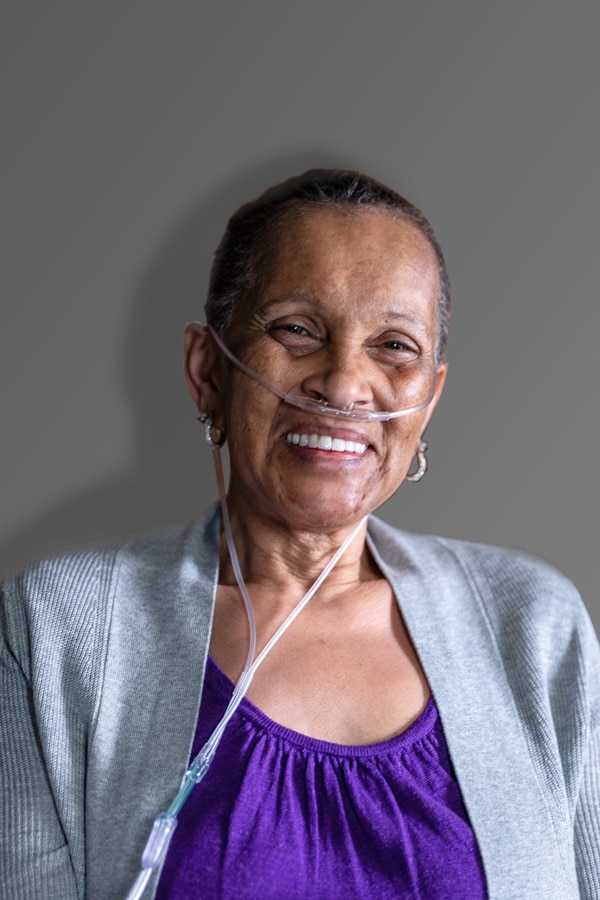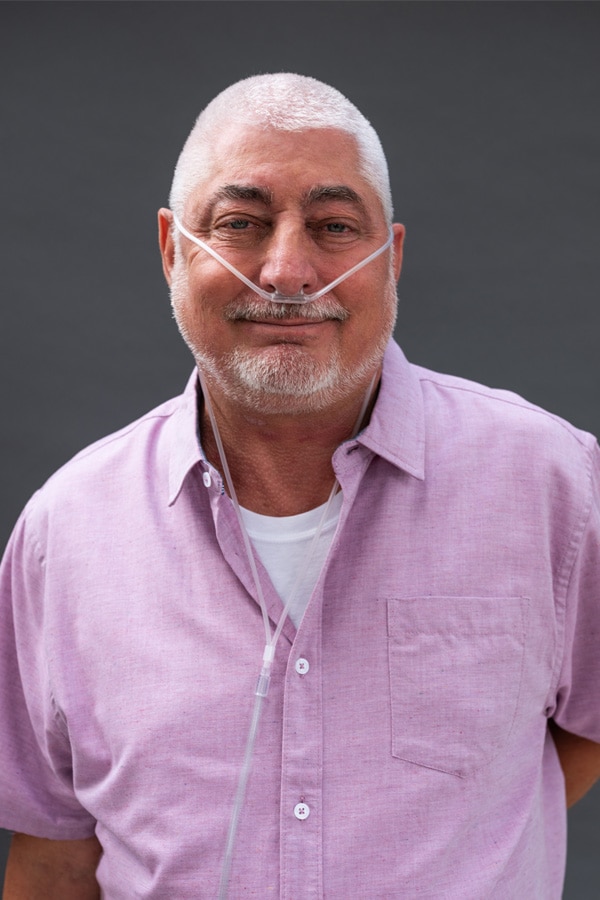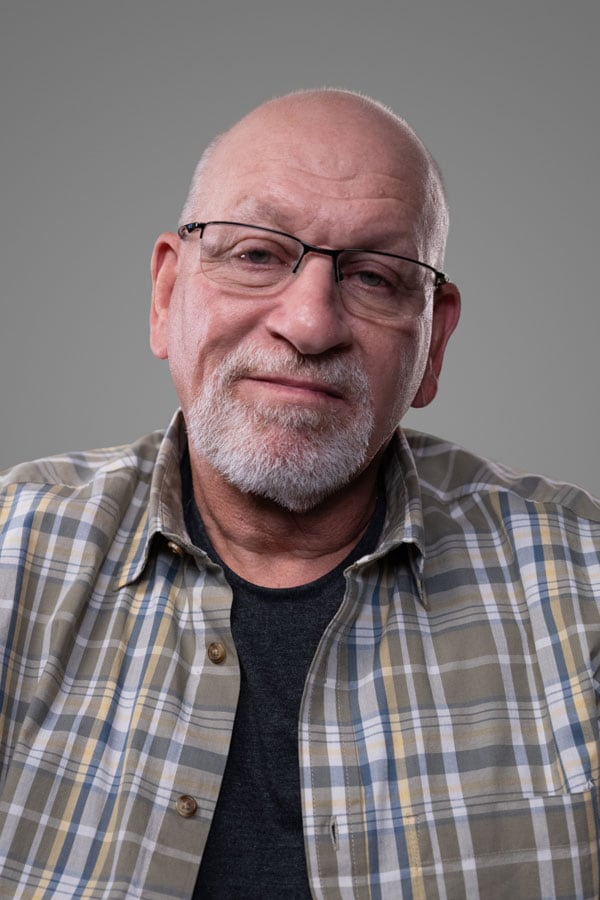All Groups (General Public)
Cigarette smoking is the leading cause of preventable death and disease and kills more than 480,000 Americans each year. More than 41,000 of these deaths are the result of exposure to secondhand smoke.
For every smoking-related death, at least 30 people live with a serious smoking-related illness. Smoking causes immediate damage to your body, which can lead to long-term illnesses or make illnesses worse, including:
- Asthma
- Buerger’s Disease
- Cancer
- Chronic obstructive pulmonary disease (COPD)
- Diabetes
- Gum Disease
- Heart Disease and Stroke
- Vision Loss
Cigarette smoking cost the United States more than $600 billion in 2018, including more than $240 billion in healthcare spending and nearly $372 billion in lost productivity.1,2,3,4
Learn what percent of people currently smokes cigarettes, both in the United States overall and among specific population groups.
Learn more about all Tips participants in our Real Stories section.
There are 7 quit-smoking medicines approved by the FDA. Explore ways to get free or reduced cost quit-smoking medicines from your health insurance, health plan, or other sources.
- Xu X, Shrestha SS, Trivers KF, Neff L, Armour BS, King BA. U.S. Healthcare Spending Attributable to Cigarette Smoking in 2014. Preventive Medicine 2021 (150): 106529. https://doi.org/10.1016/j.ypmed.2021.106529.
- Shrestha SS, Ghimire R, Wang X, Trivers KF, Homa DM, Armour BS. Cost of Cigarette Smoking Attributable Productivity Losses, United States, 2018. Forthcoming at Am J Prev Med 2022.
- U.S. Department of Health and Human Services, 2014. The Health Consequences of Smoking—50 Years of Progress: a Report of the Surgeon General. U.S. Department of Center for Chronic Disease Prevention and Health Promotion, Office on Smoking and Health, Atlanta. https://archive.cdc.gov/#/details?url=https://www.cdc.gov/tobacco/sgr/50th-anniversary/index.htm.
- Max W, Sung HY, Shi Y. Deaths from secondhand smoke exposure in the United States: economic implications. American Journal of Public Health 2012;102(11): 2173–80. doi: 10.2105/AJPH.2012.300805.





